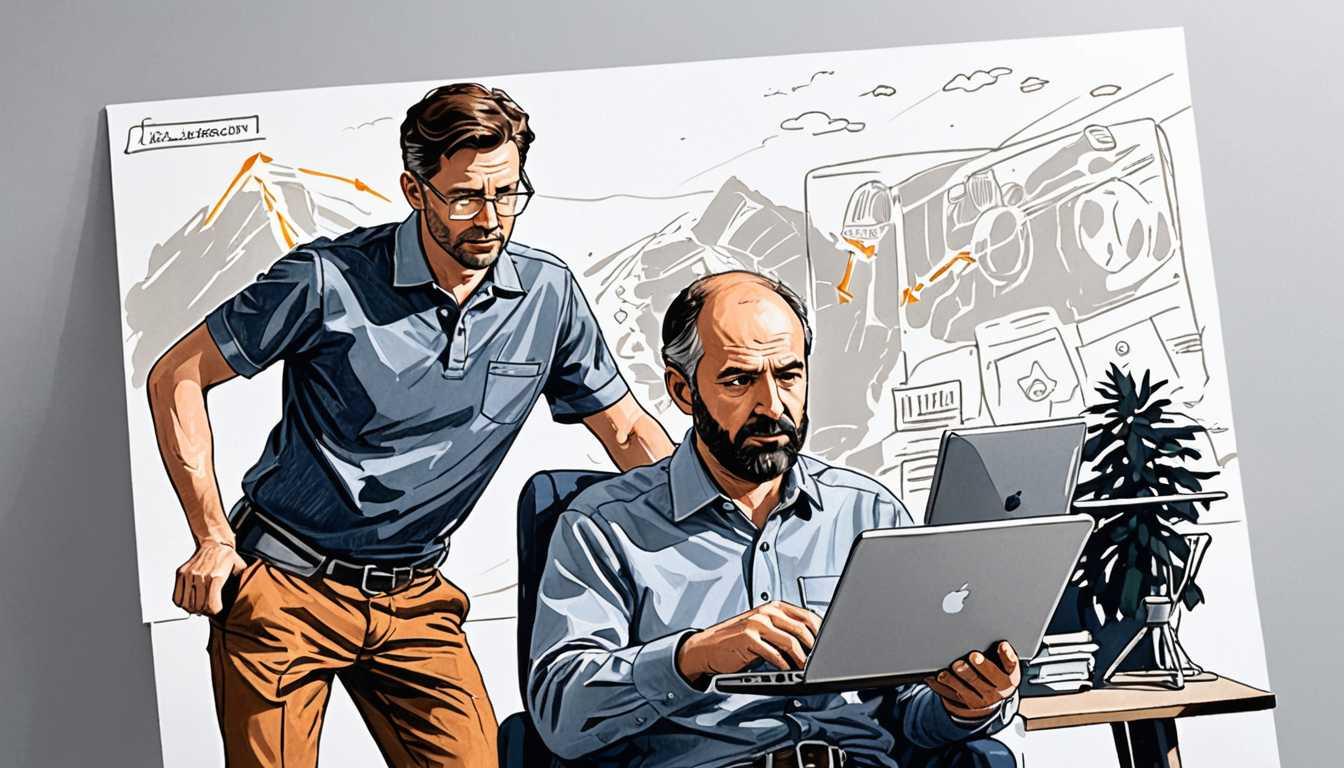Climate Crises: Corporate Rescues Unveiled
March 2024
London School of Economics (LSE)
Introduction
Dive into the world of climate crises and corporate bailouts with this eye-opening piece from the London School of Economics! Discover why slow climate action might force governments to rescue struggling companies and how this could create a cycle of under-preparation against climate risks. With a blend of humor and seriousness, explore the potential solutions and the role of governmental interventions in a warming world. Are we ready to adapt or stuck in a loop of rescue and repeat?
READ FULL ARTICLEWhy It Matters
Discover how this topic shapes your world and future
The Heat is On - Why Climate Crisis Solutions Can't Wait
Imagine you're playing a video game where your mission is to save cities from the brink of disaster caused by extreme weather events. Sounds thrilling, right? But what if I told you that in the real world, our planet is facing similar challenges, and the stakes are even higher? Governments stepping in to rescue companies hit by climate-related disasters is a topic that might seem distant but is incredibly relevant to you. It's about understanding how our world works, how we can protect our future, and how every action we take can influence the outcome of this global challenge. This topic dives into the complex dance between economics, politics, and environmental science, showing us the significance of adapting to climate change and the implications of not acting swiftly enough. It's a call to action, urging us to think about how we, as a global community, can better prepare for and respond to the environmental crises that affect us all.
Speak like a Scholar
Climate Adaptation
Adjusting our ways of living and working to minimize the damage caused by climate change.
Moral Hazard
When a company or individual doesn't take full responsibility for their actions because they know someone else (like the government) will bail them out if things go wrong.
Deadweight Loss
Resources that are wasted or not used in the most beneficial way for society.
Systemic Risk
The danger that a failure at one company or within one sector can ripple through and destabilize entire economies.
Tail Risks
Rare and extreme events that are at the far ends of the risk spectrum but can have catastrophic effects.
Stress Testing
A simulation technique used to assess how a system or entity (like a company) can cope with extreme situations.
Independent Research Ideas
The Role of Government in Climate Adaptation
Explore how different countries are preparing their economies for the impacts of climate change. What innovative solutions are being implemented, and what can we learn from them?
Moral Hazard in Environmental Policy
Investigate instances where companies have taken risky environmental actions, knowing they would be bailed out. Analyze the long-term impacts of such behaviors on environmental policies and economic systems.
Economic Impacts of Climate-Induced Disasters
Delve into how specific climate-related disasters (like hurricanes or wildfires) have affected local, national, or global economies. What were the ripple effects, and how were they mitigated?
Innovations in Climate Resilience
Research technological or infrastructural innovations that aim to increase resilience against climate change. How effective are they, and what challenges do they face in implementation?
Corporate Governance and Climate Adaptation
Examine how corporate governance structures can influence a company's approach to climate change adaptation. Are there successful models that ensure companies act in environmentally responsible ways?
Related Articles

The Hidden Iceberg of Corporate Fraud
February 2023
Phys Org

Blending Wealth for Public Good
October 2023
London School of Economics (LSE)

Navigating Multinationals and Civil Society Interactions
November 2024
LSE Business Review

Audits: Taxpayer's Goldmine Unveiled
July 2023
Harvard University

Unveiling Corporate Green Secrets
October 2023
London School of Economics (LSE)